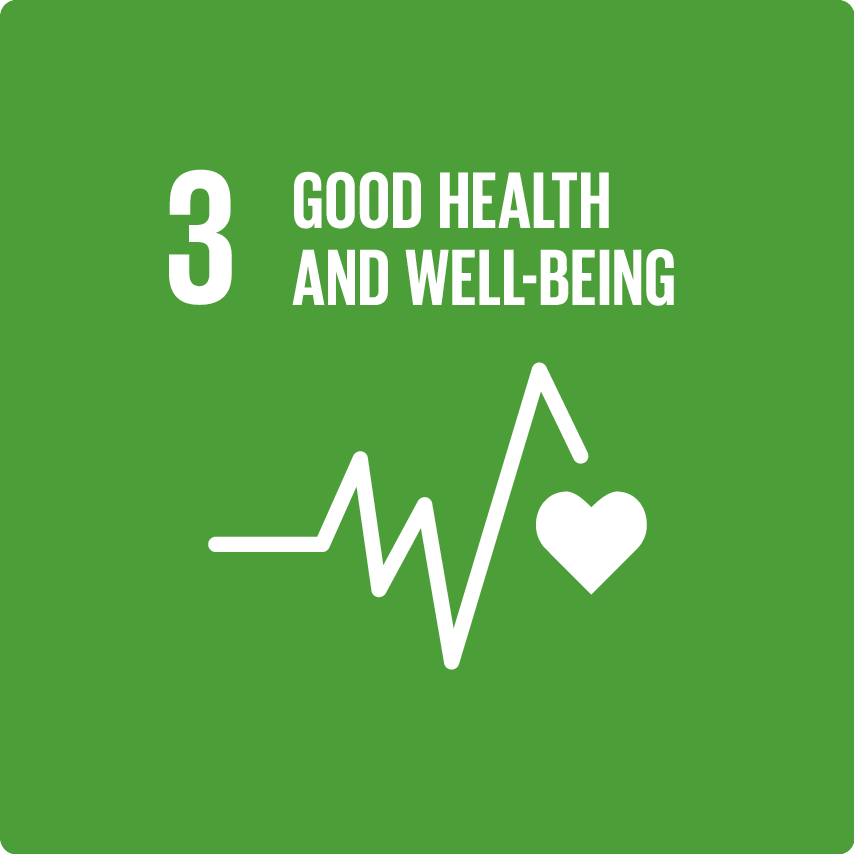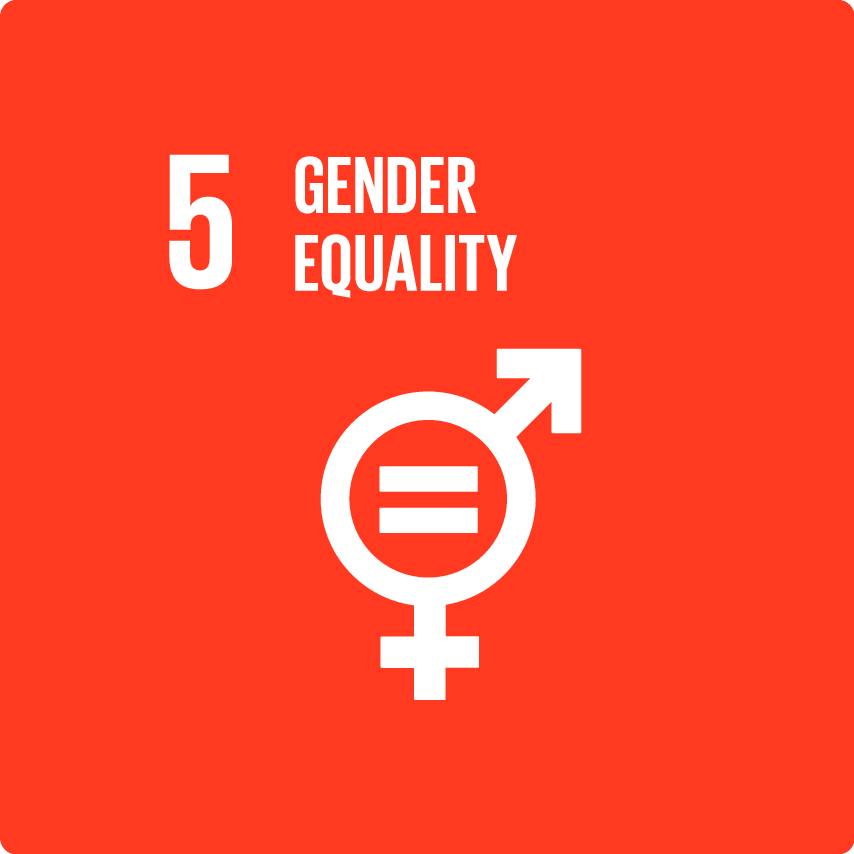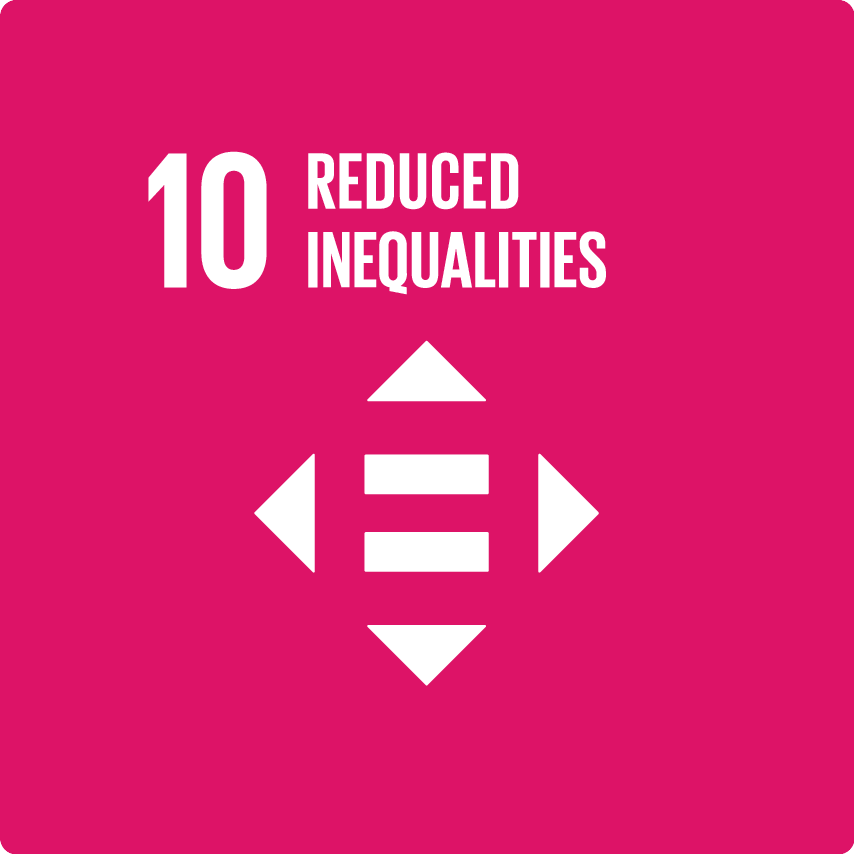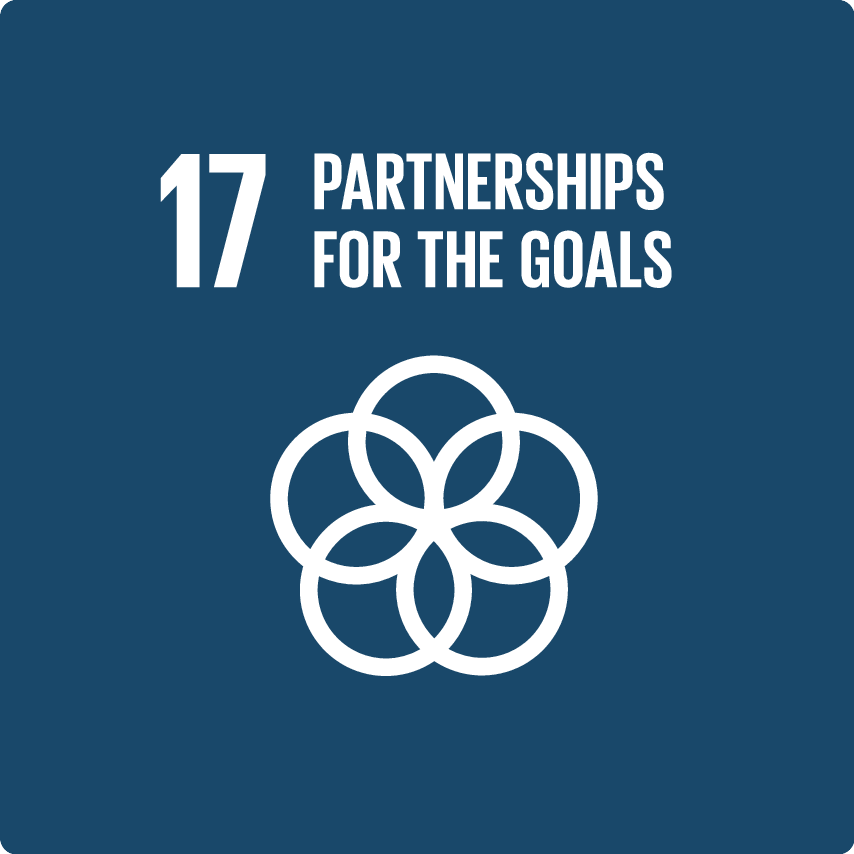E-Diabete
Training healthcare professionals on how to administer the primary care to diabetic patients, in order to improve early diagnosis of diabetes and reduce risks of associated complications and premature death.
SEE ALL PARTNER ORGANIZATIONS
Objectives
- Train HCPs on how to administer the primary care to the diabetic patients, in order to improve early diagnosis of diabetes and reduce risks of associated complications (e.g. amputations) and premature death.
- Use low-speed internet technology, to support continuous medical education for healthcare professionals (HCPs).
What are the health needs and challenges?
According to the International Diabetes Federation, Africa region, that includes 49 diverse sub Saharan countries and territories, an estimated 14.2 million adults have diabetes, representing a regional prevalence ranging from 2.1 to 6.7%. . The Africa Region has the highest proportion of undiagnosed diabetes, i.e. over two thirds (66.7%) of people with diabetes are unaware they have the disease. The management of diabetes in Africa is an issue which is increased by the lack of health professionals (particularly in French-speaking Africa) and the focus on infectious diseases.
It is thus urgent for professionals to know how to diagnose and treat the condition, wherever they operate in the healthcare organization. This education can prevent amputation and cardiovascular pathologies in people with diabetes.
We live in a world where the need, and the demand, for lifelong learning and continuous professional development are ever increasing. With the training and learning needs of healthcare professionals threatening to outstrip budgets and time resources particularly in the out of reach areas where access to continuously evolving advances in medicine is limited, e-learning can offer sensible, workable cost and time saving solutions to a range of key needs for learners.
Partnership activities and how they address needs and challenges
An innovative approach to improve diabetes care in Africa, e-diabete is an educational program, developed by the Université Numérique Francophone Mondiale (World French-speaking Digital University) (UNFM), with the support of Senghor university and in collaboration with the RAFT Network and Sanofi.
Using low-speed internet, more than 1,500 healthcare professionals are connecting to monthly teleconferences to improve their knowledge about diabetes and be more prepared to treat people with diabetes.
Since 2009, the UNFM has worked in close partnership with the RAFT Network, Sanofi, and Senghor University (Egypt), to support the development of this unique interactive program.
The second Thursday of each month, HCPs attend educational teleconferences to interact directly and exchange experiences with teachers, who are local and international diabetes experts.
Participation in the teleconferences is increasingly extending to include not only diabetologists but also internists, nurses, cardiologists, surgeons and others HCPs, so that all healthcare professionals are aligned when administering the primary care to the diabetic patients, in order to improve early diagnosis of diabetes and reduce risks of associated complications (e.g. amputations) and premature death.
Results and milestones
The true success of e-diabete program in Africa is both technological and human:
- The conferences use low-speed internet technology, allowing medical centers from countries with limited equipment to connect easily.
- The transfer of competences has today permitted 60% of the courses to be carried out live from African countries.
Each month, at least 50 different hospitals are connected. More than 1,500 healthcare professionals in 23 English and French speaking countries in Africa now attend monthly educational teleconferences to interact directly and exchange experiences. The program now includes modules on pediatric management.
The transfer of competences has today permitted the local appropriation with 80% (10 out of 12 in French Speaking countries) of the sessions to be carried out live from the African countries. The other speakers are based in Geneva, London or Paris.
in 2018 the number of connections to the program rose from 31500 in 2015 to 48250 in 2018. it can be estimated that during 2018 32500 health professionals attended ar least one e-diabetes course
Geographic Reach
- Africa
- Eastern Mediterranean
Disease Area
- Women’s and Child Health
- Non-communicable diseases
Target Population
- Children
- Elderly
- Marginalized/indigenous people
- Men
- People with low incomes
- Women
- Youth
Partner organizations
World Francophone Digital University (UNFM-WFDU)
International Diabetes Federation (IDF)
Telemedicine Network for Francophone Africa (RAFT)
Geographic Reach
Africa
- Benin
- Burkina Faso
- Burundi
- Cameroon
- Chad
- Congo
- Côte d'Ivoire
- Ethiopia
- Gabon
- Ghana
- Guinea
- Kenya
- Madagascar
- Mali
- Mauritania
- Niger
- Nigeria
- Rwanda
- Senegal
- Togo
- Uganda
- United Republic of Tanzania
Eastern Mediterranean
- Egypt
Disease Area
Women’s and Child Health
- Children's Health
Non-communicable diseases
- Diabetes



